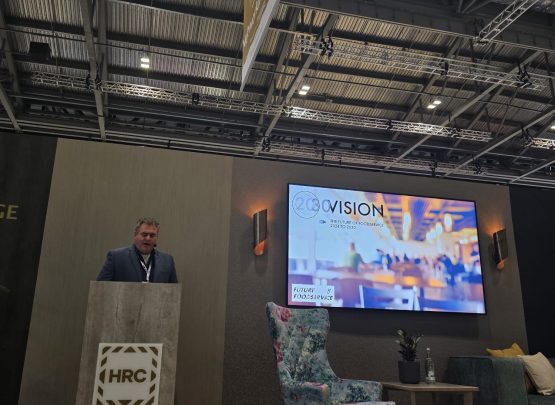In the ever-evolving landscape of marketing, staying ahead of the curve is paramount. Yesterday I attended ‘The Marketing Meetup – How to effectively use AI to save your time’ webinar featuring Joe Glover, co-founder of The Marketing Meetup, and Billy Jones, VP marketing at Hootsuite.
This engaging session delved deep into the current state of Artificial Intelligence (AI) and how marketers can leverage it to their advantage.
Here’s a summary of the top tips…
Embracing the potential of AI
Experimentation is key: The discussion commenced with an introduction to AI, emphasising the importance of experimentation. AI, once a daunting concept, has now become a valuable tool for marketers.
Efficiency and creativity: According to Billy Jones, integrating AI into workflows enhances efficiency and creativity. It eliminates the time-consuming task of generating ideas, making content creation faster and more accessible.
Accelerating creativity: Particularly, non-visual creators benefit significantly, with AI bridging the gap and accelerating the creative process
Strategic integration of AI in marketing
Strategic research and segmentation: The panellists highlighted strategic areas where AI can revolutionise marketing. Strategic research and segmentation emerged as crucial aspects. AI functions as an assistant, swiftly compiling vast amounts of data into actionable insights.
Natural and informal inquiries: Moreover, AI facilitates natural and informal questions, transforming the way marketers interact with information. ChatGPT, a leading AI application, stood out among the recommended tools, especially when used in tandem with human creativity. Other mentions included.
Mitigating risks and ensuring data security
Prompt specificity and biases: Challenges such as prompting specificity and biases within AI responses were discussed. The importance of carefully formulating prompts and acknowledging biases within AI responses was stressed.
Data security: The question “Do you have to be careful when putting private information on AI applications? Where will my data be stored?” was asked by me, Olivia. Data security remains a paramount concern. Users were advised to choose applications with closed data sets and exercise caution when dealing with sensitive information. Whatever you put in is fed into that algorithm and is now public.
Human-AI synergy
Creative intuition: A critical takeaway from the discussion was the synergy between human creativity and AI capabilities. While AI excels at generating content and enhancing images, it lacks the creative intuition unique to humans.
Human input: AI, as noted by the experts, can refine and edit existing concepts but cannot generate truly groundbreaking, attention-grabbing ideas. Human input remains invaluable in sparking the unexpected brilliance that captivates audiences. Billy Jones said: “AI will only spit out things that have ever existed and have existed before.”
The future of marketing: A harmonious blend
Collaborative nature: The future of marketing lies in a harmonious blend of human creativity and AI’s processing power. AI can undoubtedly streamline processes, offer data-driven insights, and revolutionise content creation.
Augmenting human ingenuity: However, it is the human touch that infuses campaigns with authenticity, emotion, and innovative thinking. As marketers, embracing AI as a tool rather than a replacement is the key to unlocking unparalleled success in this digital age.
The ‘How to effectively use AI to save your time’ webinar highlighted the vast potential of AI.
In my opinion, AI is not just a technological marvel, but a catalyst for innovation. It doesn’t replace human creativity; instead, it amplifies our potential. As marketers, we must embrace this technology with open arms, understanding its strengths and limitations. Through this collaboration between human intellect and artificial intelligence, we pave the way for a future where creativity knows no bounds and efficiency becomes the norm.
As I marvel at the insights presented in this blog post, it’s both amusing and awe-inspiring to acknowledge that this piece is (partially!) the product of AI ingenuity.
Yes, you read that right – this post was sprinkled with my creativity, accuracy, clarity and editing magic, but at its core, it’s a brainchild of artificial intelligence, serving as a testament to the remarkable capabilities of AI. But only when paired with an expert human named Olivia.




